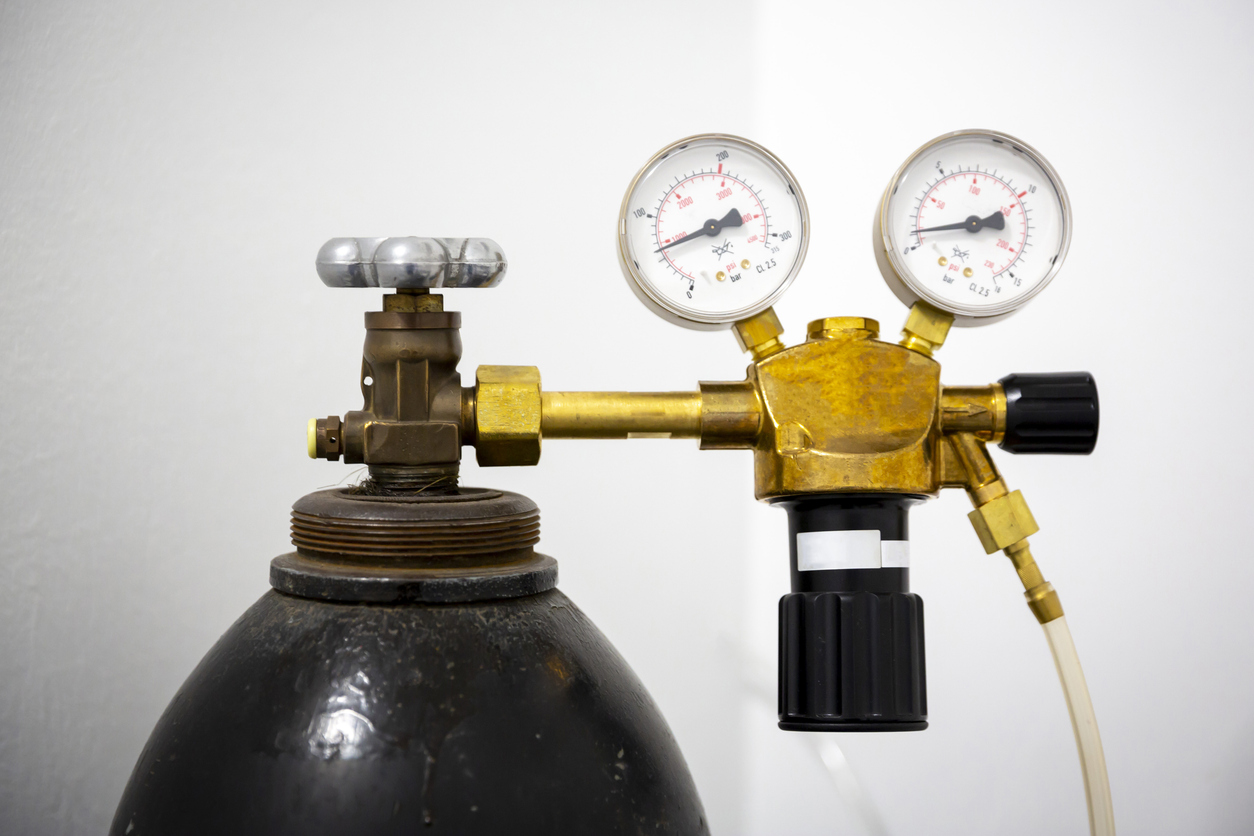Refrigeration Gas in Nigeria: Types, Uses, and Where to Buy
Refrigeration gas, also known as refrigerant, plays a critical role in various industries and household appliances, from air conditioners and refrigerators to industrial cooling systems. In Nigeria, the demand for refrigeration gas continues to grow, particularly in the retail, food storage, and HVAC (heating, ventilation, and air conditioning) sectors. Whether you’re in need of refrigerants for residential, commercial, or industrial purposes, it’s important to understand the different types available and where to source them in Nigeria.
Types of Refrigeration Gas Commonly Used in Nigeria
Several types of refrigerants are used in Nigeria depending on the application, environmental impact, and energy efficiency. The most commonly used refrigeration gases include:
- R-134a (Tetrafluoroethane)
- Use: R-134a is widely used in domestic refrigerators, car air conditioning systems, and commercial cooling applications.
- Environmental Impact: R-134a is a hydrofluorocarbon (HFC) and does not deplete the ozone layer, but it has a high global warming potential (GWP), which has led to its gradual phase-out in many regions in favor of more eco-friendly options.
- R-22 (Chlorodifluoromethane)
- Use: R-22 has been a popular choice for residential air conditioning and commercial refrigeration systems.
- Environmental Impact: R-22 is a hydrochlorofluorocarbon (HCFC) and has been linked to ozone depletion. Due to its environmental impact, R-22 is being phased out globally under the Montreal Protocol, and alternatives like R-410A are taking its place.
- R-410A (Puron)
- Use: R-410A is commonly used in modern air conditioning systems and heat pumps. It is a popular replacement for R-22 in new units.
- Environmental Impact: R-410A is an HFC, and while it does not deplete the ozone layer, it still has a high GWP, leading to increased interest in even more sustainable alternatives.
- R-600a (Isobutane)
- Use: R-600a is an increasingly popular refrigerant for domestic refrigerators and freezers due to its energy efficiency.
- Environmental Impact: As a hydrocarbon (HC), R-600a has a very low GWP and no ozone depletion potential, making it a more environmentally friendly option. However, it is flammable, so handling requires caution.
- R-290 (Propane)
- Use: R-290 is used in both residential and commercial refrigeration applications, including industrial cooling and heat pump systems.
- Environmental Impact: R-290 is another hydrocarbon refrigerant with a low GWP and no ozone-depleting effects. Like R-600a, it is flammable but considered an eco-friendly alternative to HFCs and HCFCs.
- R-32 (Difluoromethane)
- Use: R-32 is used in newer air conditioning systems as a more energy-efficient and environmentally friendly alternative to R-410A.
- Environmental Impact: R-32 has a lower GWP than R-410A and is becoming a popular choice for greener cooling technologies.
Where to Buy Refrigeration Gas in Nigeria
- Industrial Gas Suppliers Companies that specialize in industrial gases, such as BOC Gases Nigeria and Air Liquide Nigeria, supply a wide range of refrigerants for both residential and commercial purposes. These companies offer products that meet international safety and environmental standards, making them reliable sources for refrigerants.
- HVAC Equipment and Supply Stores Local HVAC (Heating, Ventilation, and Air Conditioning) supply stores in major cities like Lagos, Abuja, and Port Harcourt stock refrigerants for air conditioning and refrigeration systems. These shops cater to service technicians, contractors, and businesses that maintain cooling equipment.
- Online Marketplaces Websites like Jumia and Konga offer refrigeration gases for purchase, particularly smaller canisters for home use or vehicle air conditioning. However, buyers should ensure that they purchase from reputable sellers who guarantee the quality and authenticity of the refrigerants.
- Specialized Refrigerant Dealers There are dealers across Nigeria that specialize in supplying refrigerants to the industrial and commercial sectors, especially for large-scale operations like supermarkets, cold rooms, and manufacturing plants. These dealers offer bulk purchasing options and may also provide delivery and installation services.
- Automotive Supply Stores For refrigerants used in vehicle air conditioning systems, automotive supply stores often stock common types like R-134a. These stores provide smaller canisters designed for vehicle A/C repairs and maintenance.
Factors to Consider When Buying Refrigeration Gas
- Type of Refrigerant Ensure that the type of refrigerant you purchase is compatible with your cooling system. For example, older air conditioning systems may require R-22, but if the unit is newer, it likely uses R-410A or R-32. Always check the manufacturer’s specifications before purchasing refrigerants.
- Environmental Impact With the global phase-out of ozone-depleting substances like R-22, it’s important to choose refrigerants that comply with international environmental standards. Gases with lower GWP and no ozone depletion potential, such as R-290 and R-600a, are preferable for environmentally conscious consumers.
- Availability of Refills Some refrigerants, especially those that are being phased out (like R-22), are becoming harder to find and more expensive. Make sure that your chosen refrigerant is readily available for future refills to avoid unnecessary complications.
- Storage and Handling Refrigerants are stored in pressurized cylinders and require proper handling to prevent leaks and ensure safety. It’s important to purchase refrigerants from suppliers that follow strict safety protocols. For flammable refrigerants like R-600a and R-290, additional caution is necessary to prevent accidents.
- Cost The cost of refrigerants can vary widely depending on the type and supplier. While eco-friendly refrigerants may be more expensive upfront, they are often more energy-efficient and environmentally sustainable in the long term, making them a worthwhile investment.
- Regulatory Compliance In Nigeria, as in many other countries, there are regulations governing the importation, sale, and use of refrigerants. Make sure that the refrigerants you purchase comply with Nigerian environmental laws and are not banned or restricted due to their environmental impact.
Refilling and Servicing Refrigeration Systems
Once you purchase refrigeration gas, you will need to have it refilled by a certified HVAC technician. Refrigerant refills are common for air conditioners, refrigerators, and industrial cooling systems. It’s important to work with qualified professionals to ensure the proper handling and refill of refrigerant gases, as improper handling can result in leaks, environmental damage, or system malfunctions.
Conclusion
Refrigeration gas is essential for maintaining efficient cooling systems in households, businesses, and industries across Nigeria. Whether you’re using refrigerants for domestic air conditioning, commercial refrigeration, or industrial applications, it’s important to understand the types of gases available, their environmental impact, and where to source them.
By purchasing from reputable suppliers like BOC Gases Nigeria, Air Liquide, and specialized HVAC stores, you can ensure that you receive high-quality refrigerants that meet your cooling needs and environmental standards. Additionally, considering factors like the refrigerant type, availability, and cost will help you make informed decisions for your refrigeration systems.







Comments are closed.